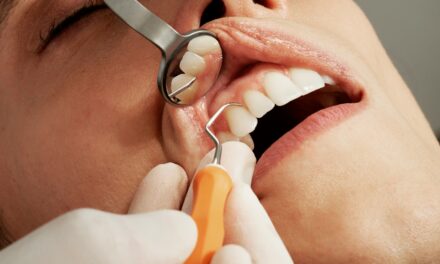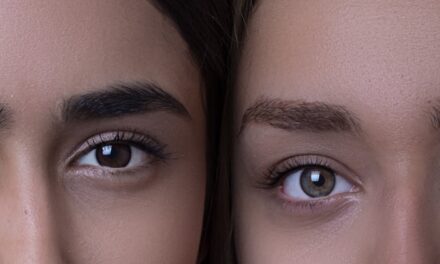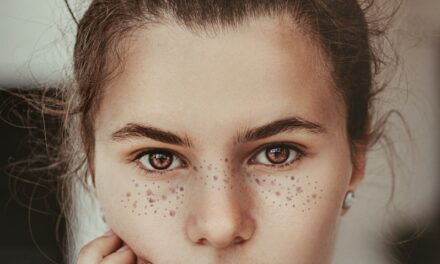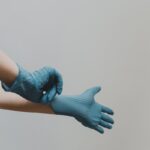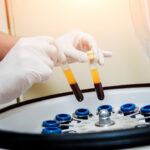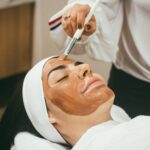Acne is a common skin condition that occurs when hair follicles become clogged with oil and dead skin cells. The condition is characterized by the presence of pimples, blackheads, whiteheads, and sometimes, cysts or nodules on the face, neck, chest, back, and shoulders. While acne is not a serious health concern, it can have a significant impact on a person’s self-esteem and quality of life, luckily there’s treatment available.
What causes Acne?
Acne can occur in people of all ages but is most common during adolescence, but adults can also get it. It can be caused by a variety of factors, including hormonal changes, genetics, certain medications, and the use of oily or greasy cosmetics and more.
Facials For Acne
When it comes to facial treatment, facials can offer many benefits for a range of skincare concerns.
Facials can be beneficial for acne-prone skin, but it’s important to choose the right type of facial and to consult with a licensed esthetician or dermatologist before getting one. Here are some types of facials that may be helpful for acne-prone skin:
Deep-cleansing facial
This facial involves steaming the skin to open up the pores, followed by gentle extraction of blackheads and whiteheads. The esthetician may also use a gentle exfoliating scrub to remove dead skin cells.
Chemical peel
A chemical peel involves the application of a chemical solution to the skin, which causes the top layer of skin to peel off, revealing fresh, new skin underneath. Chemical peels can be effective for reducing the appearance of acne scars and improving overall skin texture.
Light therapy facial
This type of facial involves the use of LED light therapy, which can help kill the bacteria that cause acne and reduce inflammation in the skin.
Microdermabrasion
Microdermabrasion involves the use of a special device to gently exfoliate the top layer of skin, helping to unclog pores and improve skin texture.
It’s important to note that while facials can be helpful for acne-prone skin, they are not a substitute for a good skincare routine and professional medical treatment if necessary. Additionally, some types of facials and facial products can actually exacerbate acne, so it’s important to choose a trusted and experienced asthetician or dermatologist who can recommend the right treatment for your skin.

